A major theme running through EU Space Week 2019 in Helsinki was the wealth of innovative space-based applications, products and services being created in Europe. The ‘New Space’ sector is full of bright ideas and creative people, but turning a brilliant concept into a profitable enterprise is not easy. Fortunately, the Galileo Masters and Copernicus Masters provides a wide range of opportunities for space innovators to develop solutions. During the European Space Week those had the possibility to meet investors and network with partners. One session allowed entrepreneurs to pitch their ideas to business angels, venture capitalists and other sources of public and private investment.
EU Space Week itself also included sessions on the EGNSS Accelerator initiative organised by AZO that provides multiple benefits to Galileo Masters winners and finalists, such as coaching services and business incubation opportunities, and, of course, the glittering 2019 Copernicus Masters and Galileo Masters Awards Ceremony.
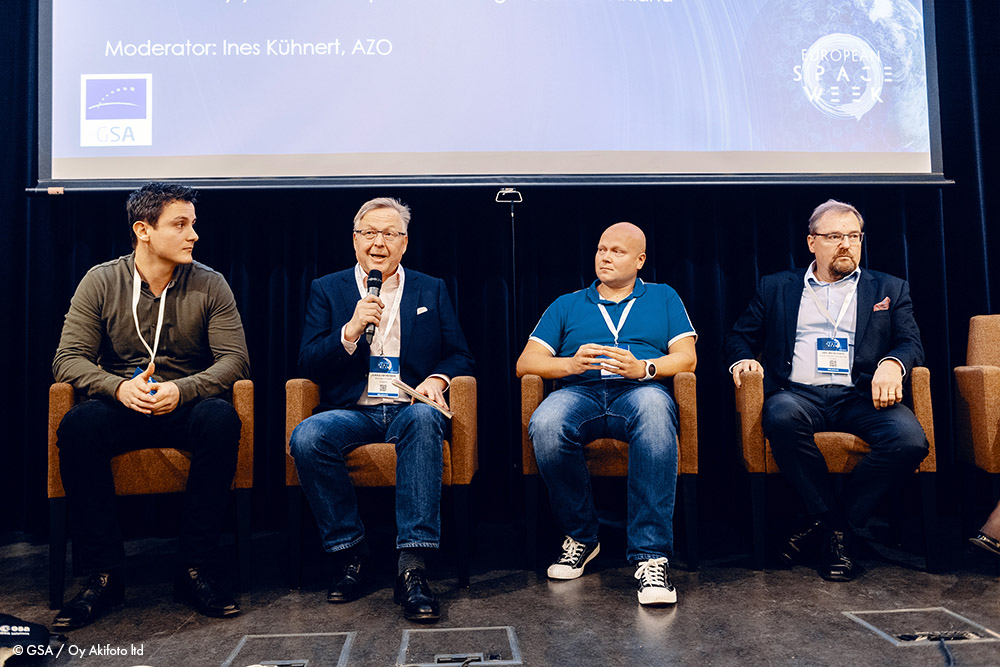
The European GNSS Agency (GSA) together with AZO organised a specific ‘Investors meet Innovators’ event on the morning of 3 December with three panel discussions that covered an introduction to the most promising application areas from the investors’ point of view, the most common mistakes of startups and SMEs when applying for private funding, and advice on how to grow, minimise risks, and achieve self-sustainability once initial finance or funding has been obtained.
Following these panel debates innovators had the opportunity to meet the investors on a one-to-one basis in a ‘speed dating’ session that extended through into a wider SME showcase fair in the afternoon. Here SMEs and entrepreneurs had the possibility to talk to investors who provided them with investment readiness and pitch training.
Pitch perfect
The highlight of the day was the dynamic, early evening pitching session, where 13 space-based companies were given just four minutes to sell their ideas and aspirations to a broader audience of potential investors, press, corporates, public sector officials and fellow startups. Their presentations were followed by testing questions from the audience.
The pitching entrepreneurs illustrated the wide range and ambitions of the growing space-based business sector.
2019 EU Space Week Pitches
- Collective crunch is a Finnish-German company with a leading position in applying artificial intelligence (AI) to forestry asset planning with their Linda Forest application.
-
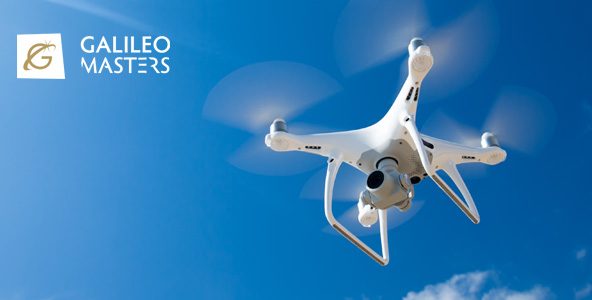 CX-GEODRON, the 2019 Galileo Masters Galicia Challenge and Idea of the Year winner from the Spanish universities of Vigo and Oviedo, has developed a drone carrying a synthetic aperture radar package for underground and over ground applications. The development has high market potential and a university spin-out company is planned in 2020.
CX-GEODRON, the 2019 Galileo Masters Galicia Challenge and Idea of the Year winner from the Spanish universities of Vigo and Oviedo, has developed a drone carrying a synthetic aperture radar package for underground and over ground applications. The development has high market potential and a university spin-out company is planned in 2020.
- Deep Planet uses satellites and machine learning to understand risk and discover intelligence usually invisible to the human eye. Their presentation focused on an application to optimise irrigation in vineyards and boost yield. The app is currently being tested in Australia.
- Greensense is an Austrian enterprise developing smart solutions for smarter farms, described as ‘Agriculture 4.0’. Their intuitive app helps space data seamlessly integrate into the normal farm workflow including the use of augmented reality tools.
- Hurricane UNwinder, the 2018 Copernicus Masters Astrosat Challenge winner, is building an intensity forecast service for hurricanes, typhoons and tropical cyclones with Earth observation data. Its long-term goal is to find weather modification opportunities for reducing storm intensity. As well as software the team is developing a customised ‘sonde’ that can be dropped into the eye of a storm to collect data.
- Qascom is a thought leader on satellite navigation and space cybersecurity, a market growth area, to provide robust PNT information. The company is already one of the leaders in the use of authentication signals that will be introduced to Galileo services during 2020.
- Topview Sal EASY PV uses drones to improve maintenance of photoelectric (PV) plants by detecting faulty panels in situ. This solution, which uses an auto detect algorithm to identify broken panels, is much cheaper than manual inspection procedures.
- uMaze developed their virtual maze builder and navigator app. Mazes have fascinated humanity for millennia and this Galileo-powered app brings the maze craze up to date!
- The ESA Business Incubation Center (BIC) Bavaria incubatee UNISPHERE core business is the use of high-level platforms, or pseudo-satellites, to build up the ecosystem for unmanned aviation and enable it to become a commodity for society.
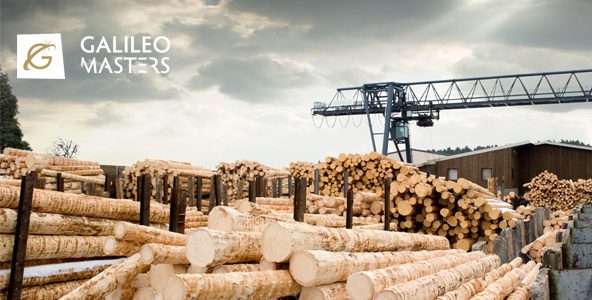 Xylene, the 2019 Galileo Masters GSA Challenge winner, is working to boost trust in timber by allowing clients to take full control of their supply chain from forest to finished product using geolocation and blockchain technologies.
Xylene, the 2019 Galileo Masters GSA Challenge winner, is working to boost trust in timber by allowing clients to take full control of their supply chain from forest to finished product using geolocation and blockchain technologies.
- Aurora is a small Finnish company developing novel propulsion technologies for manoeuvring small satellites. This is a rapidly growing market and the company is currently moving from hand production to mass production. Future products include an E-sail module for possible interplanetary missions.
- Deep Blue Globe, the 2018 Galileo Masters Hesse Challenge winner and 2019 Copernicus Masters finalist, is a group of ex-ESA engineers who are creating exciting space data products including the POSEIDON project which combines weather and ocean data in a navigation algorithm to optimise maritime routes and save on energy costs, reduce emissions and increase safety.
- The final presentation was on Feverr, the 2019 Galileo Masters Netherland Challenge winner – a dating app with a twist. The app aims to enable singles to spend more time meeting potential partners rather than staring at their phone screen. The app also has a focus on personal safety.
Source: European GNSS Agency (GSA)
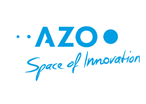
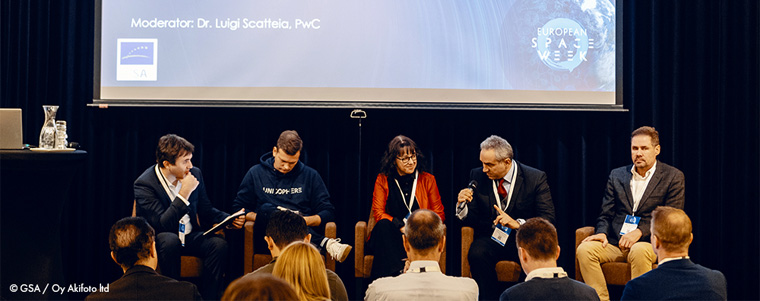

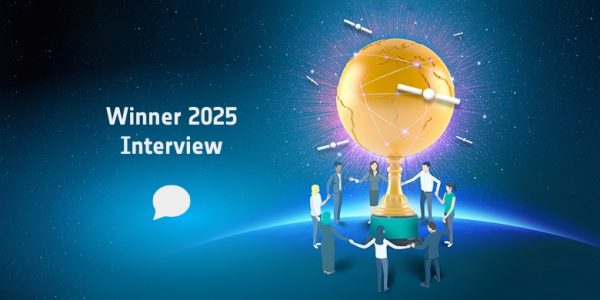
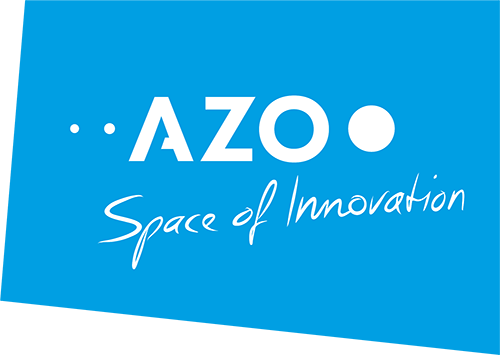
Comments are closed.